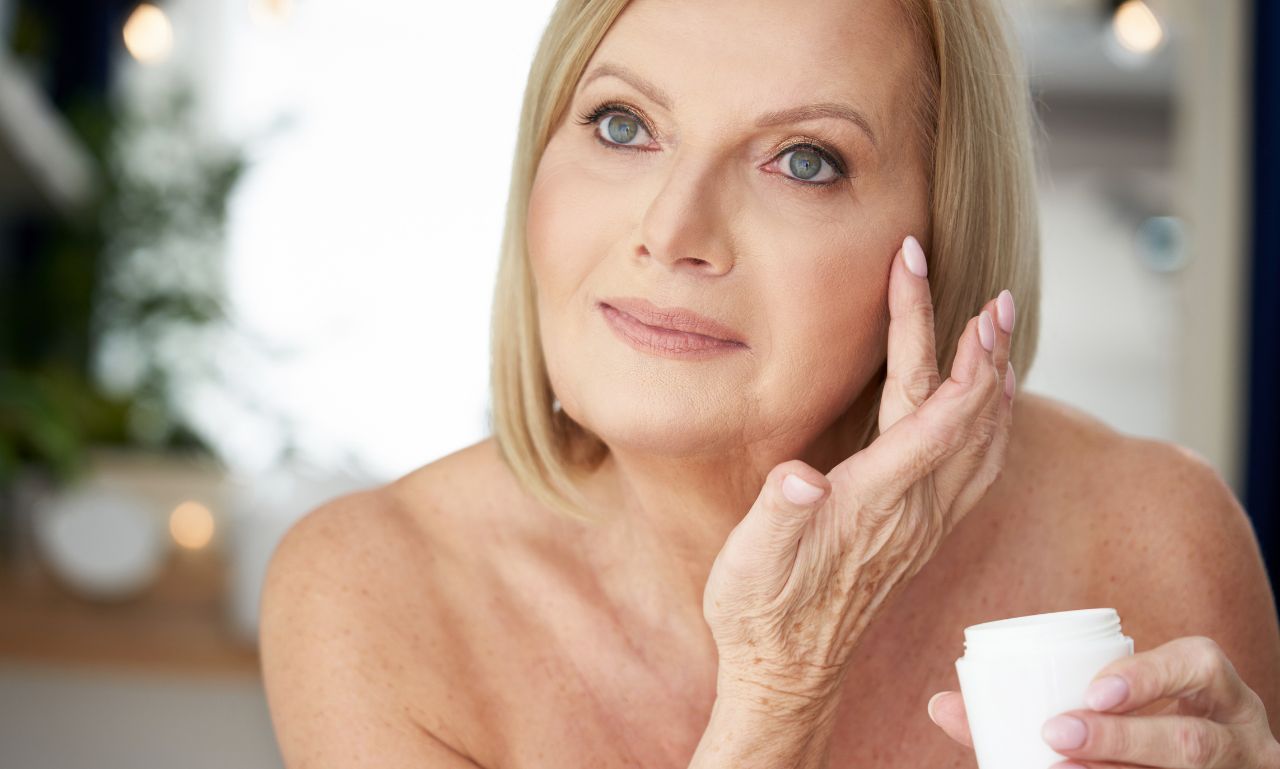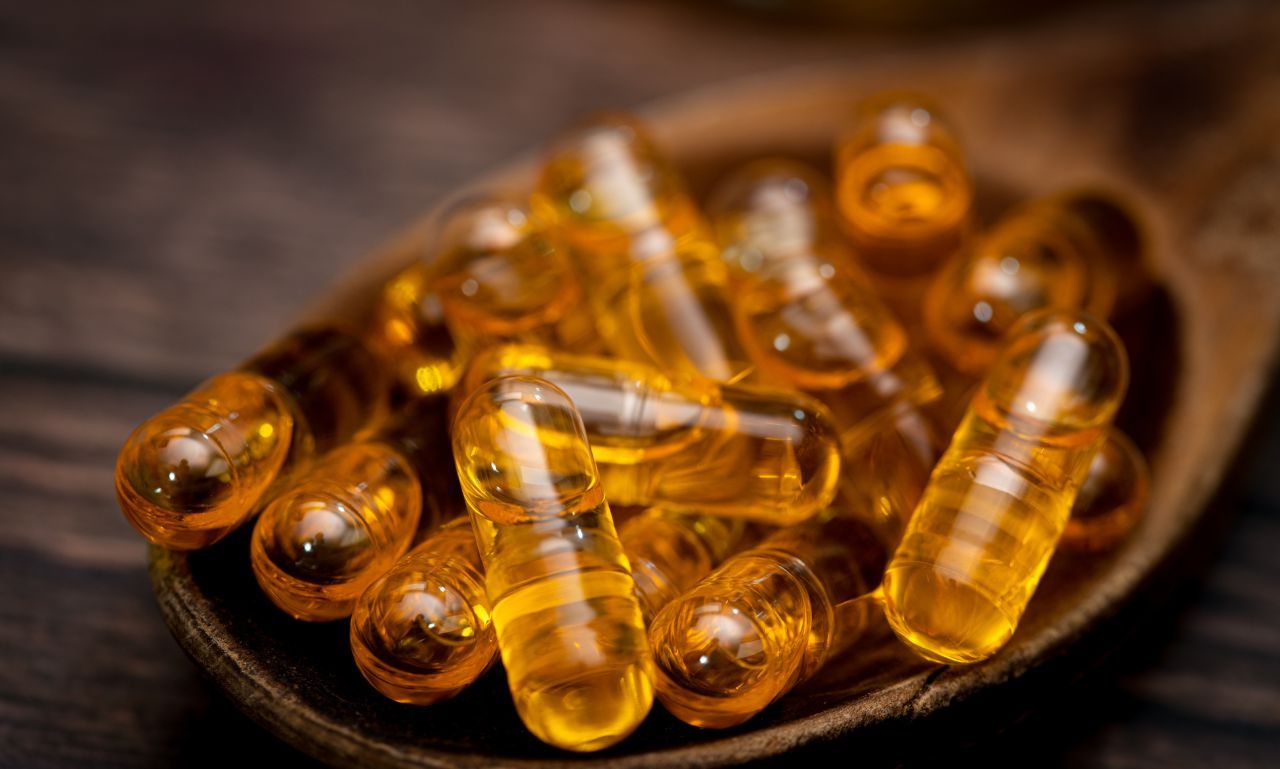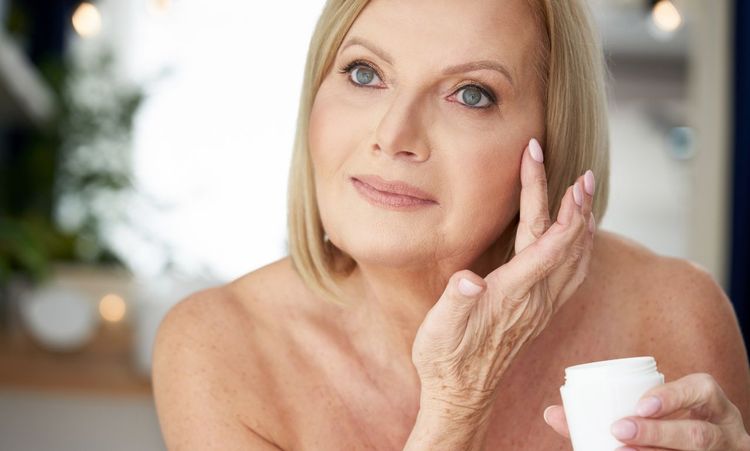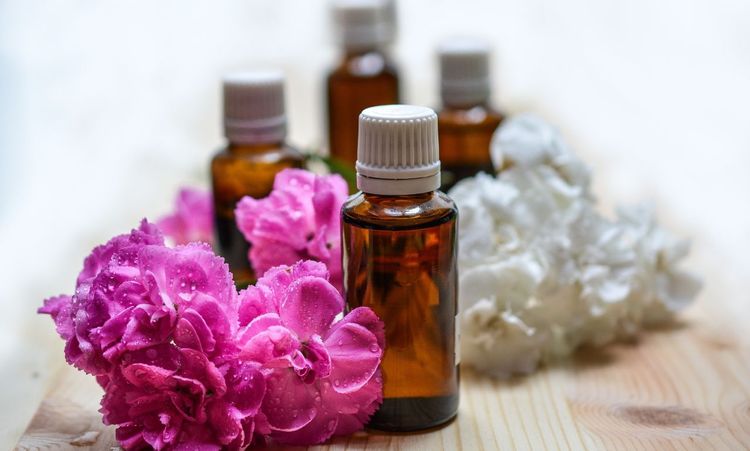Aging is a natural part of life, but who says you can't age gracefully and maintain a youthful glow along the way? Embracing the best natural anti-aging elements can transform your skincare routine, helping you preserve your skin’s vitality without resorting to harsh chemicals. Whether you're just beginning to notice the first signs of aging or looking to enhance your established regimen, understanding and incorporating these natural elements will empower you to achieve radiant, age-defying skin. Let’s embark on a journey to discover how nature’s bounty can keep your skin looking its best.
The Role of Vitamins in Skin Health
Vitamins play a pivotal role in maintaining skin health, serving as essential nutrients that bolster skin structure, protect against environmental damage, and promote cell regeneration. Incorporating the right vitamins into your skincare routine can address various signs of aging, from fine lines and wrinkles to loss of elasticity and uneven skin tone.
Vitamin C: The Glow Getter

Vitamin C is renowned for its ability to brighten the complexion and provide a radiant glow. As a potent antioxidant, it neutralizes free radicals—unstable molecules that damage skin cells—and stimulates collagen production, which is crucial for maintaining skin firmness and elasticity. Regular use of Vitamin C can diminish dark spots, reduce hyperpigmentation, and even out skin tone, giving you a luminous and youthful appearance.
Moreover, Vitamin C enhances the skin’s natural regeneration process, allowing the body to repair damaged skin cells more effectively. It also helps in reducing the depth of wrinkles by plumping the skin, making it smoother and more supple. Whether applied topically through serums and creams or consumed through a diet rich in citrus fruits, Vitamin C is a cornerstone of any anti-aging skincare regimen.
Vitamin A: The Skin Regenerator
Vitamin A, particularly in the form of retinoids, is a powerhouse when it comes to skin regeneration and renewal. It accelerates the turnover of skin cells, helping to shed dead cells and replace them with fresh, new ones. This process not only evens out skin texture but also diminishes the appearance of fine lines and wrinkles.
Beyond its exfoliating properties, Vitamin A enhances collagen production, which is essential for maintaining skin’s structural integrity. It also helps to unclog pores, reduce acne, and improve overall skin tone. Regular use of Vitamin A-infused products can lead to smoother, firmer, and more youthful-looking skin.
Additionally, Vitamin A has anti-inflammatory properties that can soothe irritated skin and reduce redness. This makes it beneficial for those with sensitive or damaged skin, providing a healing effect while combating the signs of aging.
Vitamin E: The Antioxidant Powerhouse
Vitamin E is another essential antioxidant that protects the skin from oxidative stress and environmental damage. It works synergistically with Vitamin C to enhance the skin’s defense against free radicals, reducing the risk of premature aging.
As a moisturizer, Vitamin E helps to maintain the skin’s lipid barrier, preventing moisture loss and keeping the skin hydrated and plump. This hydration is crucial for reducing the appearance of fine lines and wrinkles, as well-hydrated skin appears smoother and more resilient.
Vitamin E also plays a role in skin repair and regeneration. It can help to heal scars, reduce inflammation, and promote overall skin health. Incorporating Vitamin E into your skincare routine can provide comprehensive protection and nourishment, ensuring your skin remains youthful and vibrant.
Essential Fatty Acids
Essential fatty acids are crucial components for maintaining skin health and combating the aging process. Omega-3 and Omega-6 fatty acids, in particular, offer a range of benefits that help keep your skin supple, hydrated, and resilient against the signs of aging.
Omega-3 Fatty Acids
Omega-3 fatty acids are celebrated for their anti-inflammatory properties. They help to reduce redness and irritation, promoting a calm and balanced complexion. By maintaining the skin’s natural barrier, Omega-3s prevent moisture loss, ensuring your skin stays hydrated and plump. This hydration is vital in minimizing the appearance of fine lines and wrinkles.
Furthermore, Omega-3s support the production of collagen and elastin, proteins that provide structure and elasticity to the skin. This helps in maintaining firmness and preventing sagging, which are common signs of aging. Regular intake of Omega-3s, through diet or supplements, can significantly improve skin texture and tone.
Omega-6 Fatty Acids

While Omega-3s focus on reducing inflammation, Omega-6 fatty acids play a key role in maintaining skin integrity and barrier function. They help to lock in moisture and protect the skin from environmental aggressors, such as pollution and UV radiation. This protection is essential in preventing premature aging and maintaining a youthful appearance.
Omega-6s also support hair and nail health, ensuring that your entire body looks as vibrant as your skin. By balancing the levels of Omega-3 and Omega-6 fatty acids, you can create a synergistic effect that maximizes the anti-aging benefits for your skin.
Incorporating sources of these essential fatty acids, such as flaxseeds, chia seeds, walnuts, and fatty fish like salmon, into your diet can provide your skin with the nourishment it needs to stay youthful and healthy.
Conclusion
Embracing the best natural anti-aging elements is a powerful and holistic approach to maintaining youthful, radiant skin. By understanding the roles of essential vitamins, fatty acids, trace elements, plant metabolites, peptides, retinoids, and natural oils, you can create a comprehensive skincare regimen that addresses multiple aspects of skin health.
Integrating these natural ingredients with mindful lifestyle choices, such as sun protection, a balanced diet, and proper hydration, enhances their effectiveness and promotes lasting results. The synergy of these elements not only combats the visible signs of aging but also supports your skin’s overall resilience and vitality.




